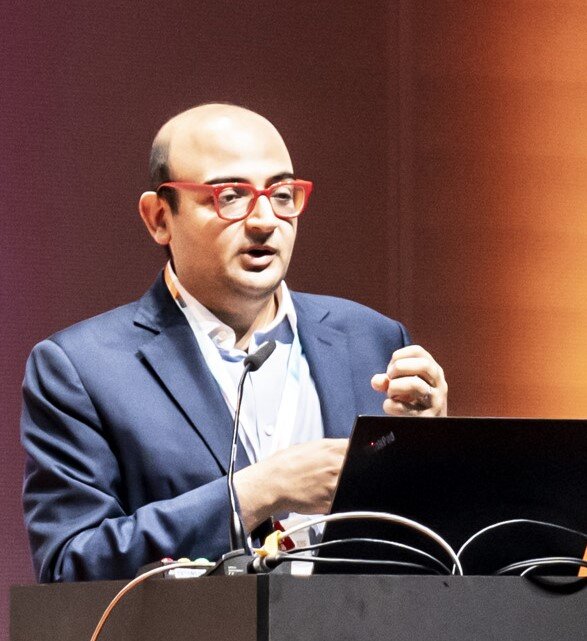
Sex and gender are key for precision oncology and benefit all patients
Several misconceptions around sex- and gender-sensitive medicine still limit its application in cancer research and care

The power of dual-layer genomics in precision oncology
Integrating DNA and RNA profiling is a promising approach to advance cancer characterisation and guide clinical decision-making

Shaping the use of AI in oncology
ESMO plays a central role in developing long-lasting recommendations for a safe and effective use of artificial intelligence supporting oncology stakeholders

Artificial intelligence is expediting the development of therapeutic immunotherapies
AI-driven approaches can help to design minibinders, which may bring new T-cell receptor-based therapies closer to the clinic

Going beyond protocol is key for young people with cancer
For adolescents and young adults with cancer, individualised care that addresses their unique medical and psychosocial needs is essential to improving outcomes and quality of life

AI-powered three-dimensional tumour pathology
Computational models can overcome current limitations of 3D analysis of tumour samples

Artificial intelligence as a reliable research partner
Extensive research is focusing on the development of tools that may enhance drug development and personalised oncology in the near future

Change is on the horizon in the management of uveal melanoma
Novel strategies are offering the possibility of extended patient survival and durable disease control

New directions in metastatic mutated NSCLC
Precision targeting, immune modulation and rational trial design are converging to improve patient outcomes

What is next for radiopharmaceuticals in NETs?
While early-phase findings confirm the efficacy and mild toxicity of radiopharmaceuticals, patient selection and logistical issues limit their integration into broad clinical practice
